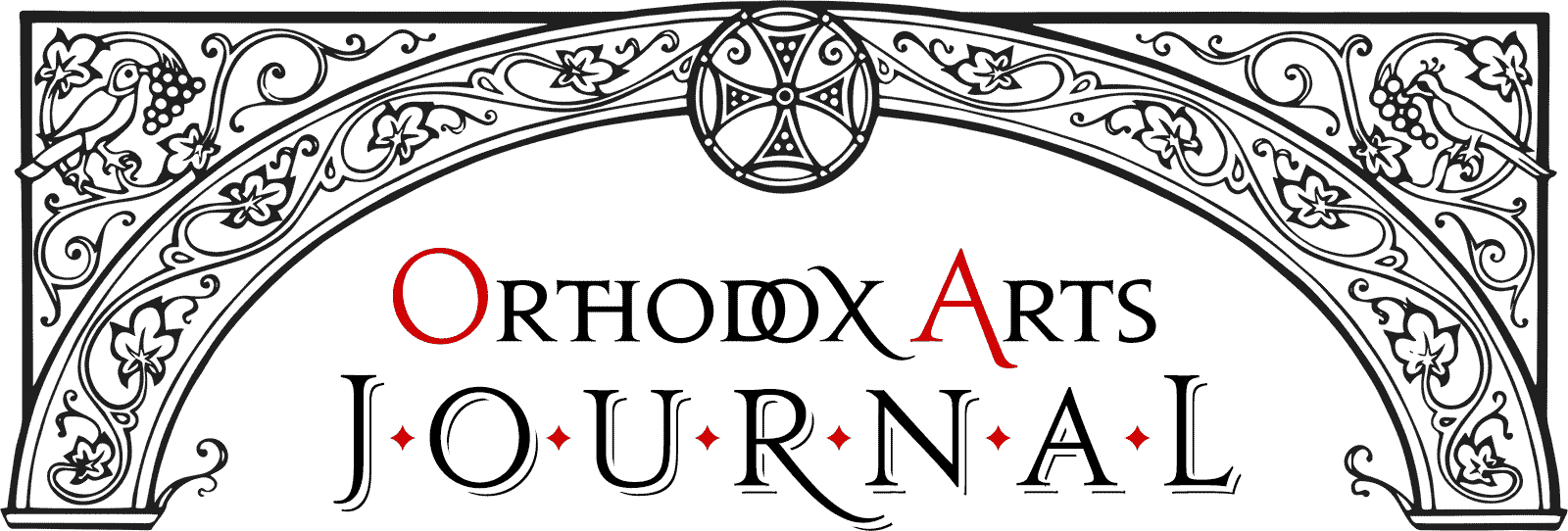Similar Posts
Last year I was invited to speak at the Northwest Catholic Family Education Conference. The event was going to be quite open to the public and was dealing with the notion of Truth, the truth seen in different walks of life. I was asked to speak about the truth in art and discuss my own journey to becoming an icon carver.
Because I have recently found the attention of a crew of skeptics who are coming out of atheism, I thought this opportunity would be ripe to do something I have been wanting to do for a few years, which is to present liturgical art as a solution to the morass of contemporary fine art. My approach was to talk about sacred art with secular categories and examine how even some secular thinkers have begun to get a glimpse of how Christianity, its worldview and its symbolic web of inter-related stories, acted like a glue to hold society together, or maybe rather like a pair of goggles through which to look at the terrible sublimity of the world as it presents its unbounded possibilities to our senses.
In 2010, radical lesbian, transgender, atheist feminist Camille Paglia wrote an article called Religion and the Arts in America in which she argues that a rediscovery of the Bible and religious traditions is the key to reinvigorating the arts in North America. Exploring the surprising fact that many outliers and rebellious types have begun pointing back to Christianity, I discuss how a world in which rebellion has been institutionalized creates an impossible situation where a return to tradition becomes the only way to move forward — the last rebellion.
The video can be found on youtube: https://youtu.be/oUcdDfmjoTQ

There is a great quote somewhere out there by the Catholic philosopher Peter Kreeft to the effect of “In an age of relativism the only form of rebellion left is orthodoxy”. Thought that was very applicable to your talk.
Wasn’t that Chesterton’s premise in Orthodoxy over a hundred years ago, that he had come to realize it was much more radical than anything “radicals” believe? Hence also the Radical Orthodoxy movement in our own time.